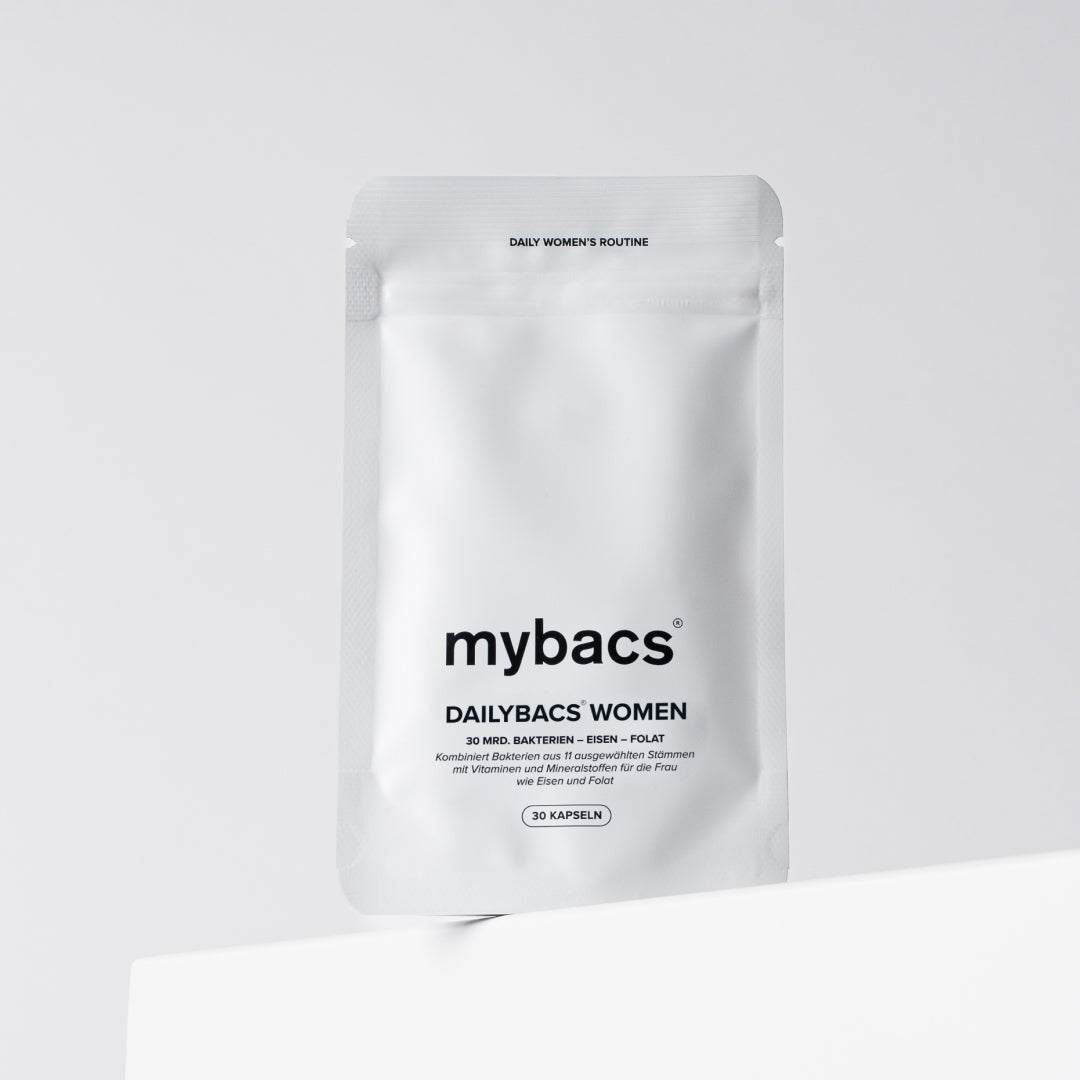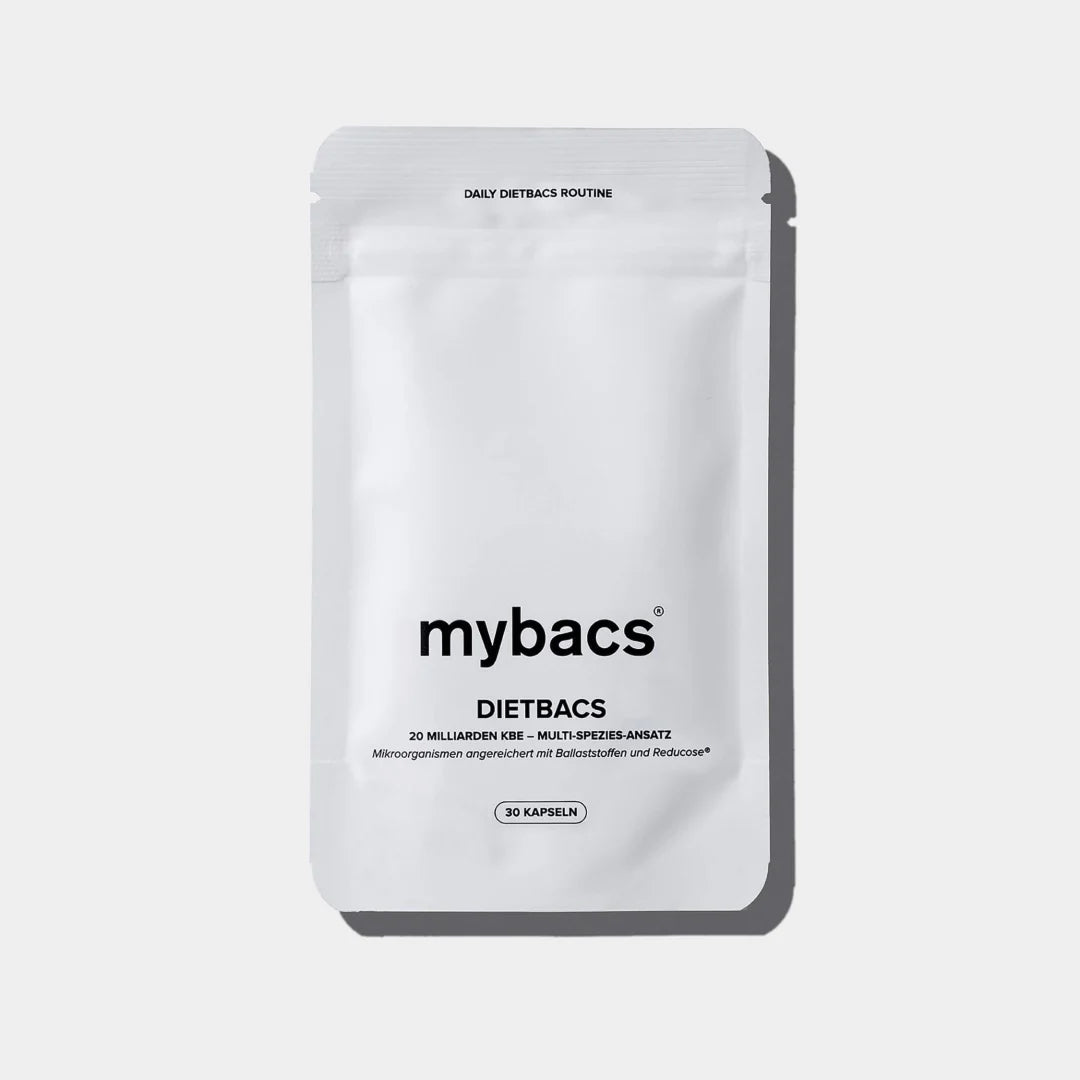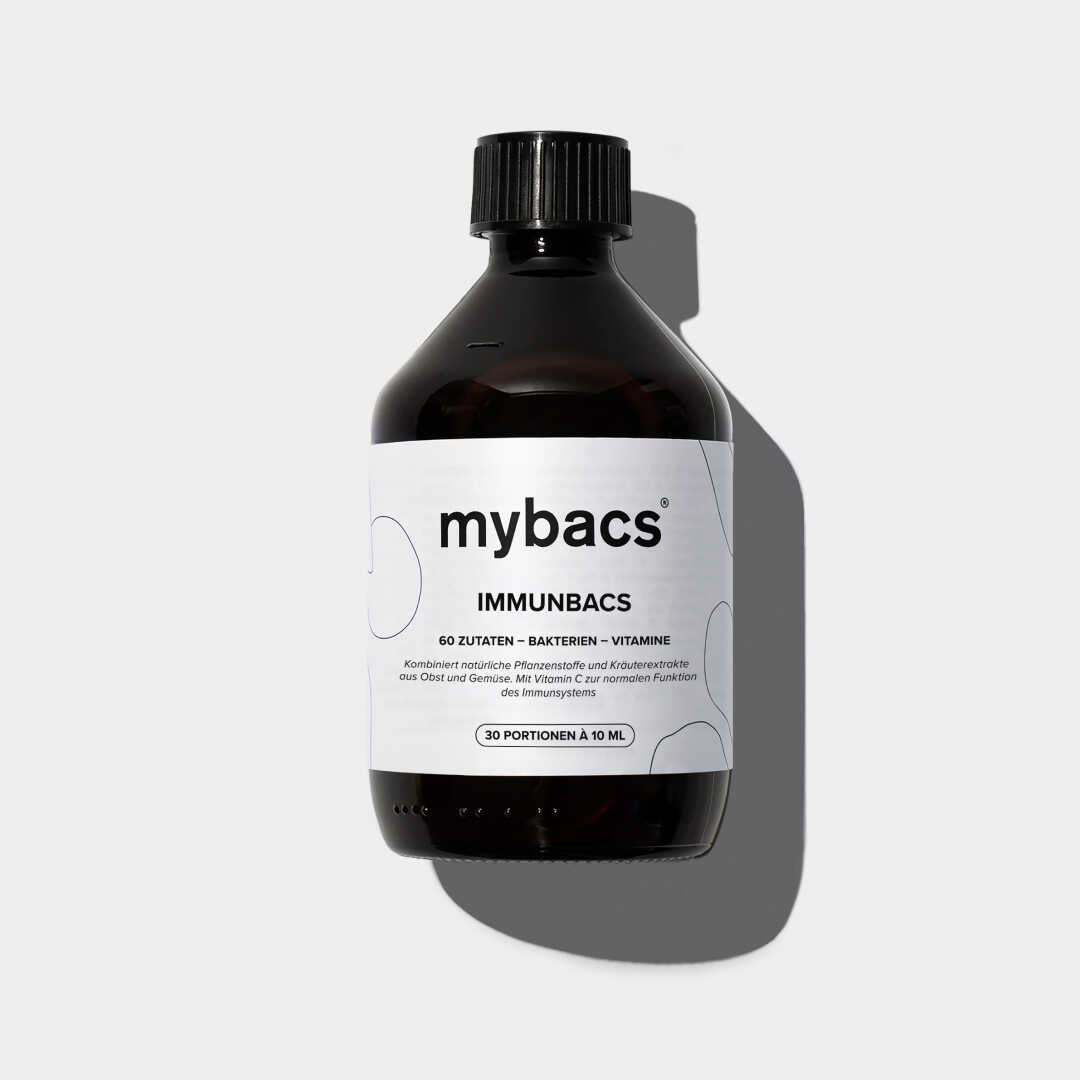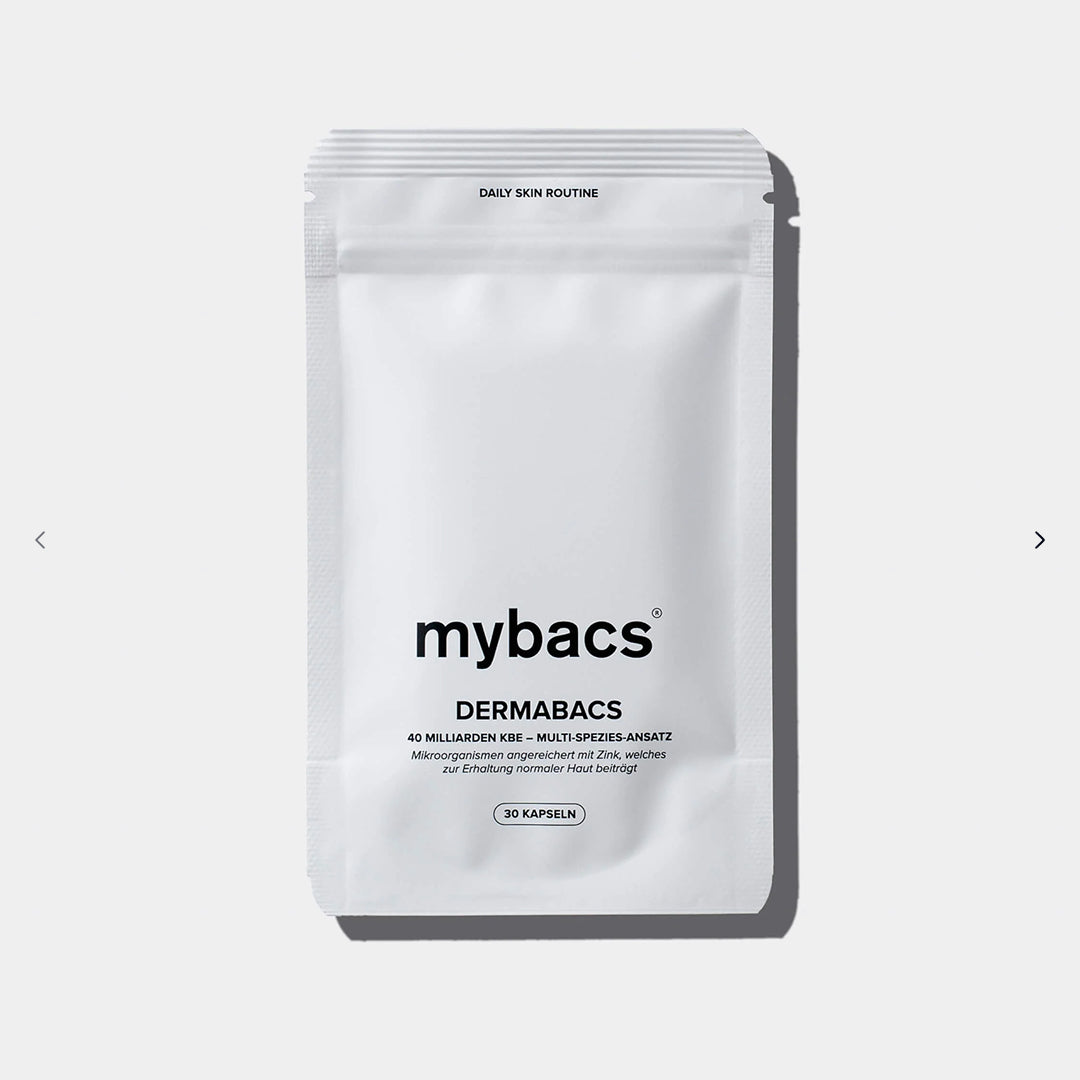Traveling allows us to discover new places, experience other cultures, and have unforgettable experiences. We can easily recognize that these journeys have an impact on us. But are you also aware that as we explore the world, we also directly influence our environment and our own microbiome?
In this article, we look at the connections between travel, the microbiome, the natural ecosystem, and the importance of sustainable travel.
Changes in the microbiome
Traveling leads us to visit new places and explore different environments. Each environment has its own microbiome, be it the soil, water, or air. By going to new places, we come into contact with new microorganisms that can influence our own microbiome. Our microbiome is sensitive to environmental changes. For example, exotic bacteria and viruses we are exposed to while traveling can affect our microbiome. The change in the microbial community can lead to digestive problems or infections. It is therefore important to practice hygienic measures such as regular handwashing to minimize the transmission of pathogens. Probiotics can also help strengthen your microbiome.
Microplastics and ecosystems
When traveling, we often inadvertently expose ourselves to microplastics. Cosmetic products, sunscreens, and plastic packaging are potential sources of tiny plastic particles that can enter the environment and have significant impacts. These microplastic particles can pollute marine ecosystems and enter the food chain, harming marine life. It's important to use environmentally friendly alternatives and reduce our plastic consumption to minimize such impacts.
Sustainable subscriptions and refill systems
Have you heard about our sustainable subscription? Our 6-month subscription is particularly sustainable. Why? Because the 6-month delivery cycle saves a huge amount of packaging material and CO2. There's no one-size-fits-all solution to combating the effects of carbon dioxide on our atmosphere and the climate crisis. However, at mybacs® we've committed ourselves to various regeneration projects that support the Earth's ecosystems. You see, refill solutions are worthwhile not only if you bring your own water bottle with you when you travel, but also with us. So you not only save CO2 and packaging material, but also money and support our planet. And always remember, just as the tiny microorganisms in your body have a big impact, the smallest changes you make can also have a big impact on our planet. Research shows that probiotics—live microorganisms that can have a positive impact on health—can not only be beneficial for our own microbiome, but also have the potential to support the health of the planet. For example, probiotics could help combat bee declines by boosting honeybee defenses. Similarly, microbial treatments could be used to prevent coral reef bleaching or improve plant health. Research into such applications is an exciting field, potentially opening up new avenues for promoting microbiome health in humans and nature. Our travel choices impact our own microbiome and the natural ecosystem. By practicing sustainable lifestyles while traveling, protecting our health, and choosing environmentally friendly alternatives, we can help maintain balance in both ecosystems. It's important to understand the connections between the microbiome, nature, and travel in order to make conscious choices and ultimately create a symbiotic relationship between our own health and the health of the planet.Speaking of which: Small change, big impact
In addition to avoiding single-use plastics, there are other simple steps we can take while traveling to minimize our environmental impact.
Can probiotics affect planetary health?
Conclusion





